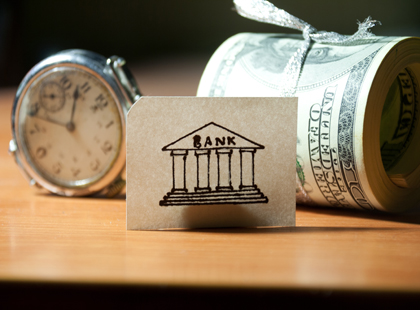Wall Street down after the release of mixed macroeconomic data and pending the announcements that will arrive tomorrow from the Fed, at the end of the two-day meeting that began today.
The Dow Jones lost 0.15% to around 34,340 points; the S&P fell by 0.10% to 4,250, after having struck another record at the start of the session. The Nasdaq also falls from the all-time high reported on the eve, marking a drop of 0.32% to around 14,132. Yesterday the list of hi-tech stocks closed at a record of 14,174.14 points.
All the spotlight is on what Fed number one Jerome Powell will say, speaking tomorrow, Wednesday, June 16, at the press conference following the announcement on rates, which should remain nailed to values close to zero.
The US central bank’s estimates of interest rates, inflation and the economy could move markets.
After the publication of the inflation data – consumer price index + 5% in May, at a record since 2008, and core component + 3.8%, at most in almost 30 years – economists believe an announcement of the tapering of the Quantitative easing earlier than anticipated.
Today another important indication on the trend of inflationary pressures in the States came with the producer price index, also in May.
The figure jumped 0.8% on a monthly basis, over the + 0.5% expected by the consensus. Core inflation rose 0.7%, compared to + 0.5% expected. Above all, the trend on an annual basis is worrying which, with an increase of 6.6%, confirmed the strongest surge ever, compared to the + 6.2% expected by the consensus. Excluding the components of food and energy prices, the PPI rose 4.8% year-on-year, in line with forecasts.
US 10-year Treasury rates return to rise above the 1.5% threshold.
In the last few hours, the inflation alert has also come from some of the most resounding names in the world of high finance.
Paul Tudor Jones for example believes that inflation will remain. From the manager also an operational advice: if Powell will ignore the only salvation, in his opinion, will be throwing himself on raw materials and Bitcoin.
In the last few hours, the number one of Morgan Stanley, CEO James Gorman, also spoke about US inflation.
In an interview with CNBC, the CEO said he believed that higher inflation could persist over time, thus forcing the Fed to raise rates earlier than expected. “The question is… when will the Fed move? At some point it will have to move, and I think it is more likely to move sooner than later, and earlier than when the current dot plot suggests, ”Gorman said.
JP Morgan CEO Jamie Dimon also spoke on the matter. Dimon said the banking giant he manages is “hoarding up” cash instead of using the liquidity it has to buy Treasuries or make other investments.
“We have a lot of cash and capacity and we will be very patient, because I believe that there is a very high possibility that inflation will prove to be more of a transitory phenomenon,” said the CEO, pointing out that the number one bank in the United States for asset value has positioned itself to benefit from the increase in interest rates, which will allow it to purchase those assets that will finally present a higher yield.
From the US macroeconomic front, the not exactly thrilling data relating to retail sales and industrial production were also released today.
US industrial production improved in May, rising 0.6% against -0.1% in the past reading (revised down from + 0.5%). The market was expecting a 0.6% rise on a monthly basis.
In the same month, US retail sales fell 1.3%, well above the decline expected by analysts of -0.8%. However, pay attention to the April data, which was revised decisively upwards to + 0.9% compared to the unchanged trend initially disclosed.
Excluding the auto sector, retail sales fell 0.7%, worse than the expected -0.4%, and compared to -0.8% in April.
